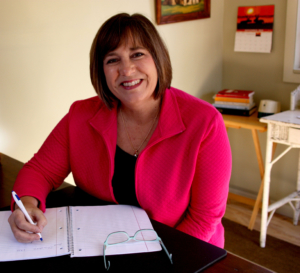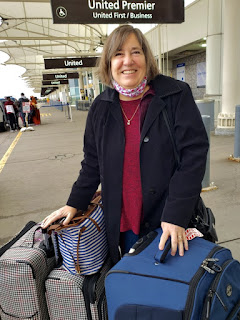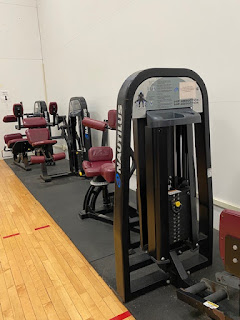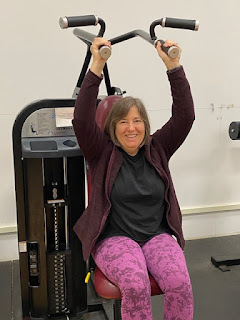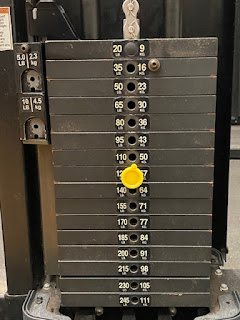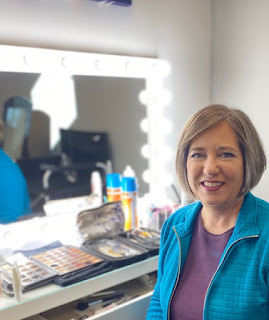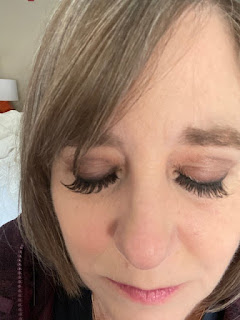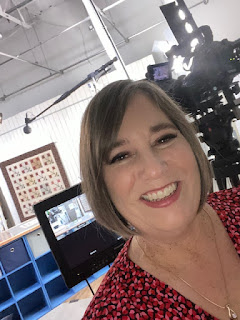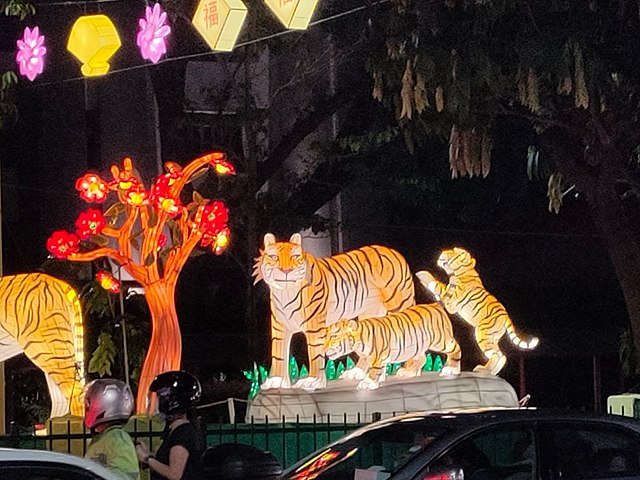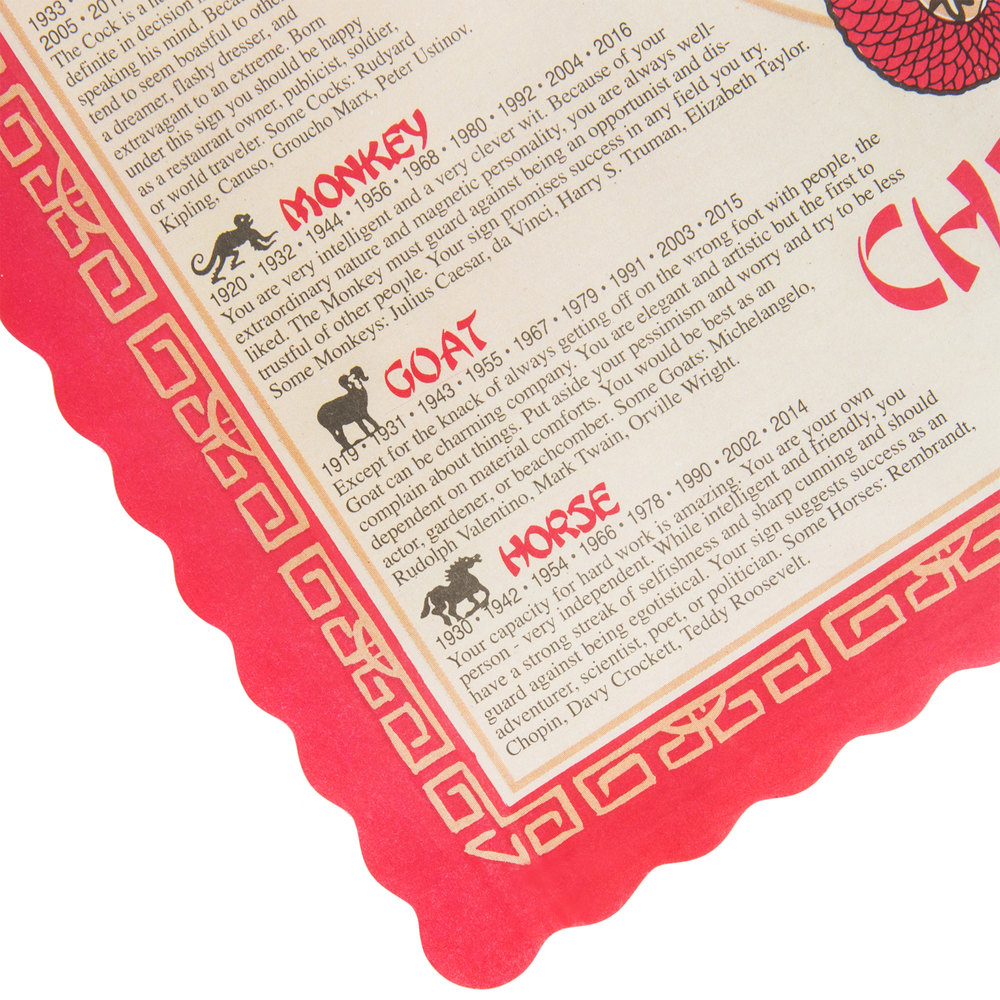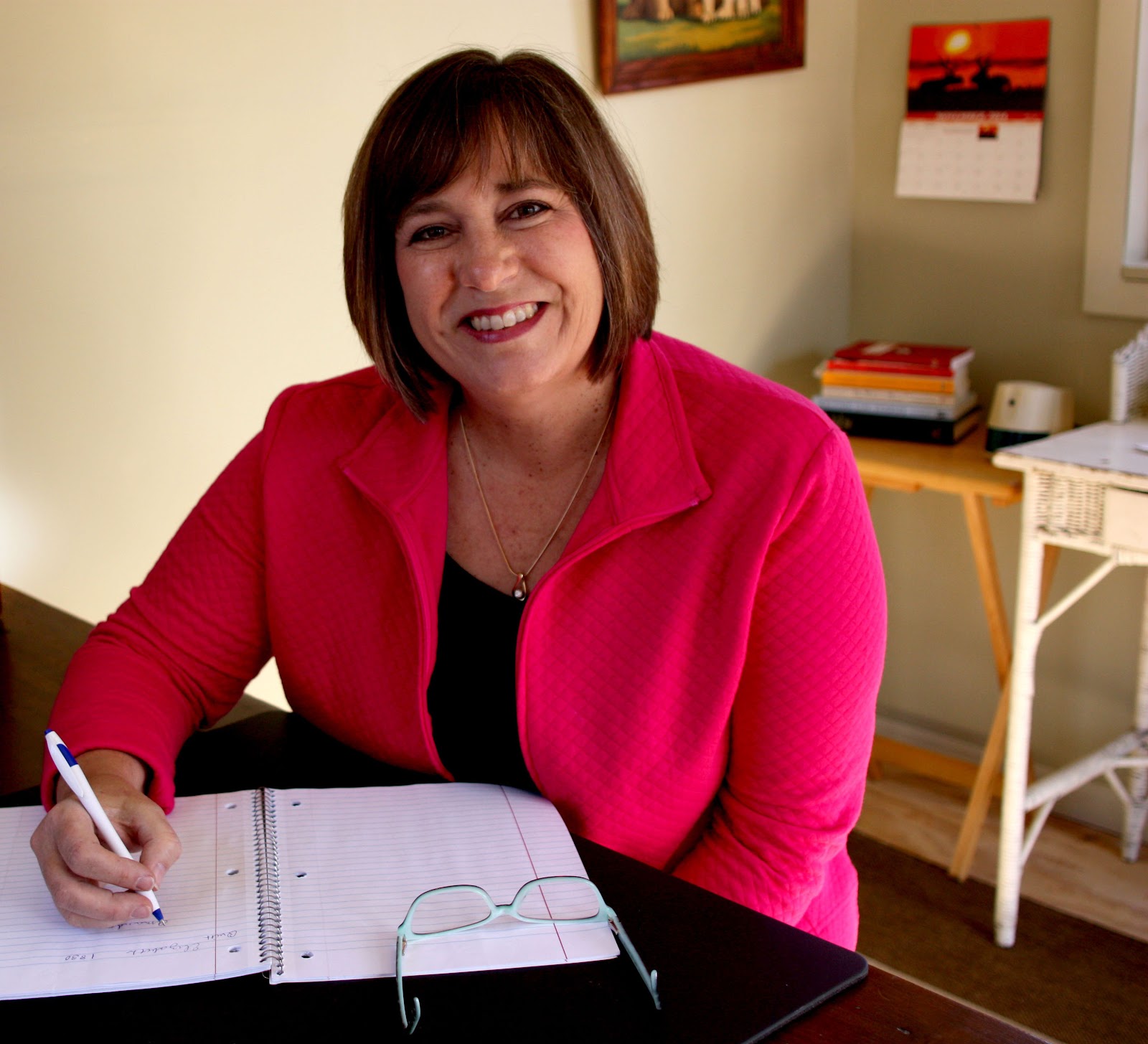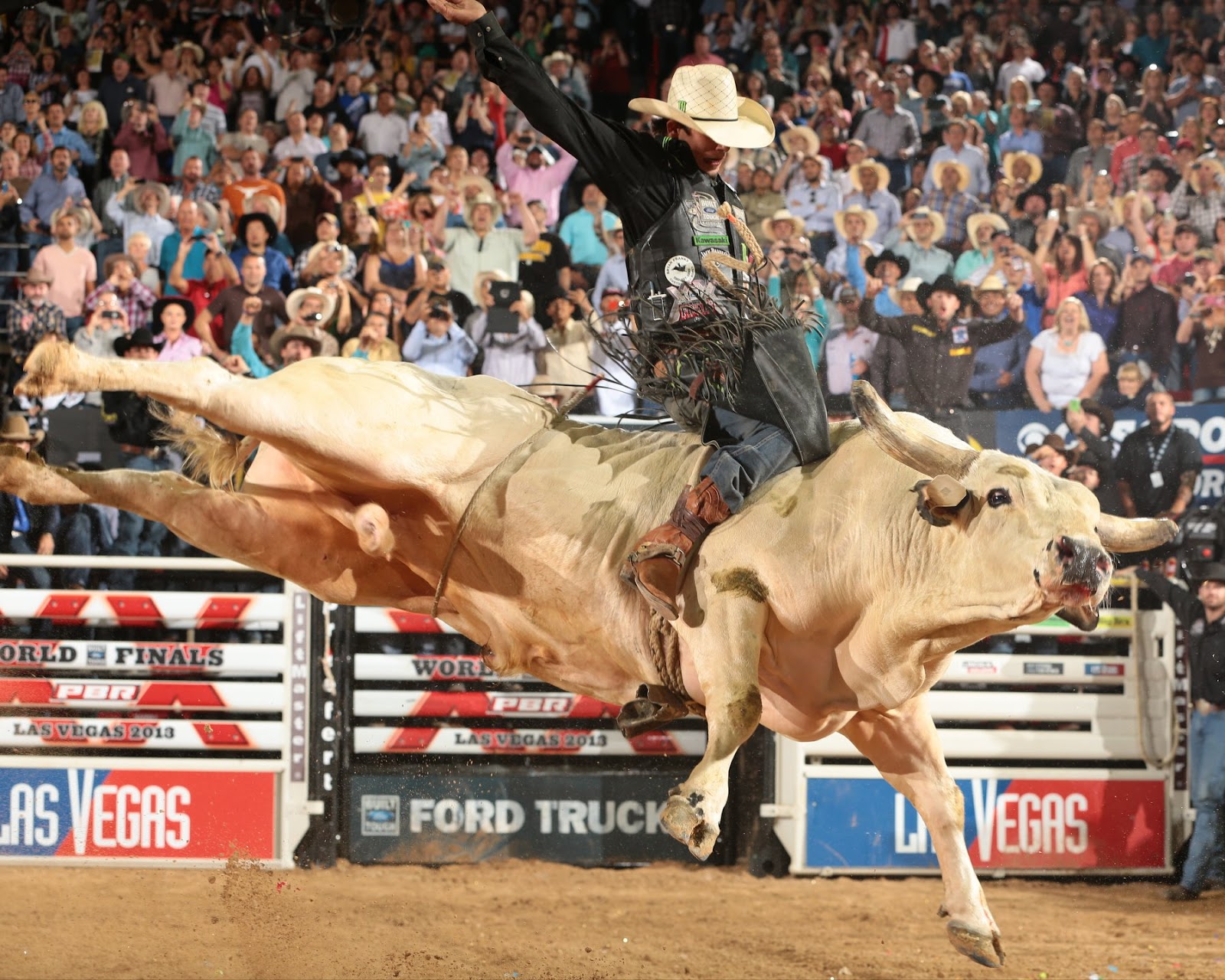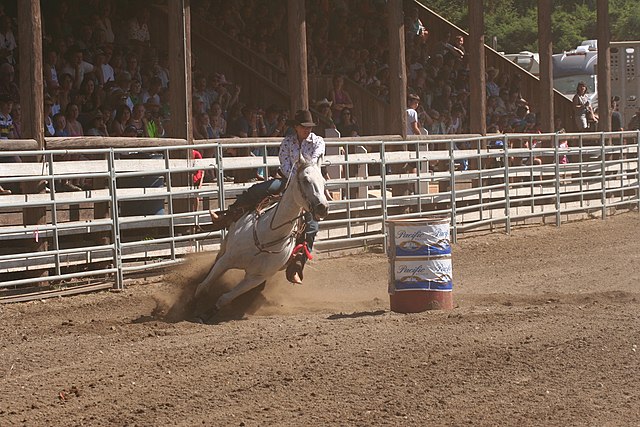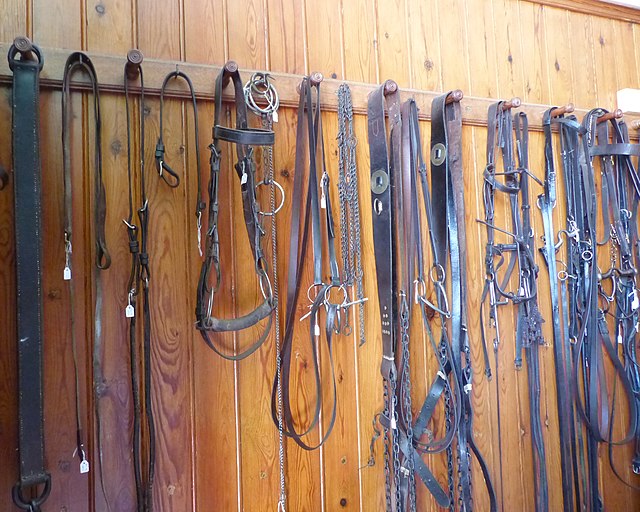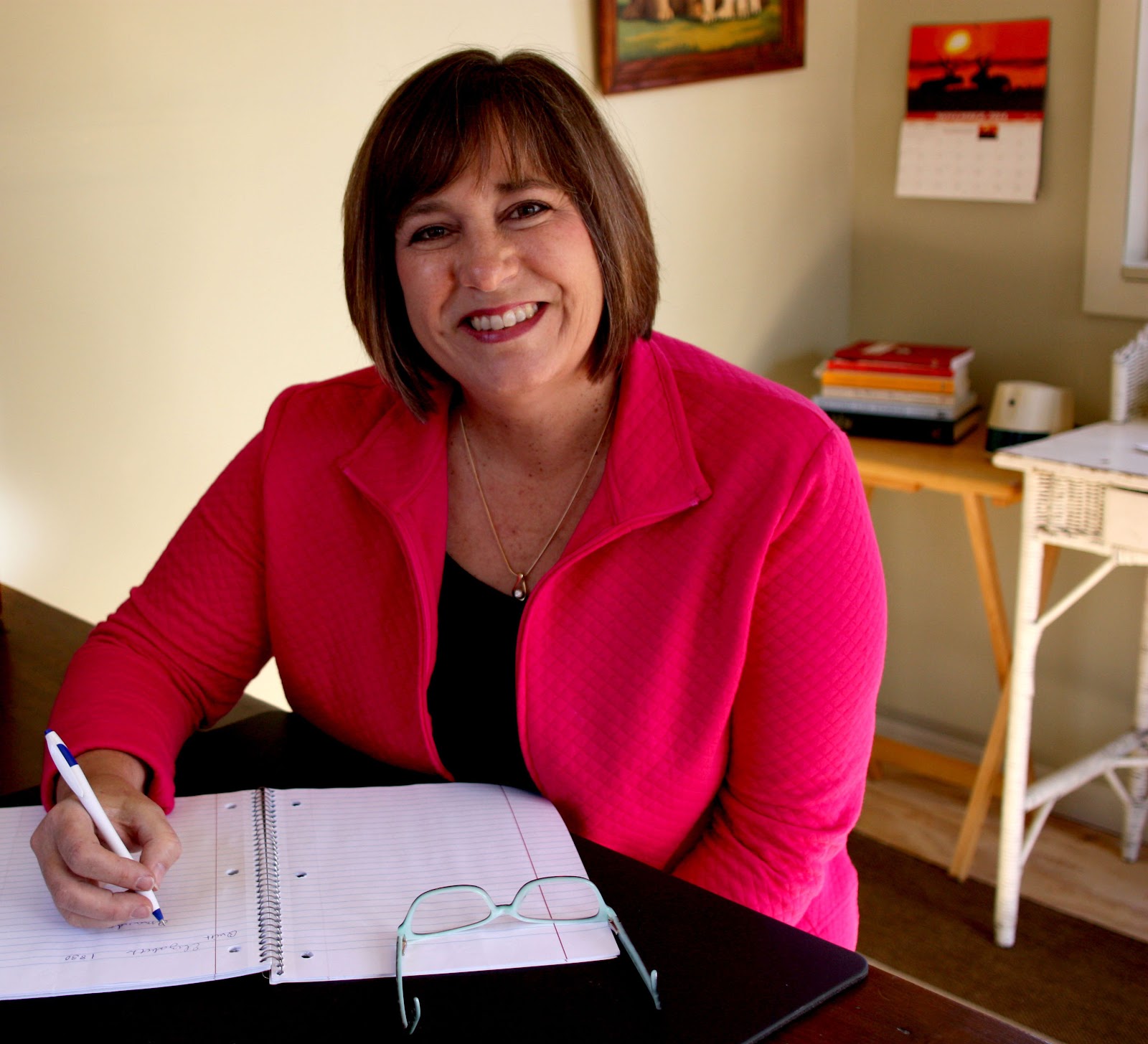The Unpackables
By Barbara J Eikmeier
I was prepping a sheet pan for a dinner of oven roasted veggies when I ran out of non-stick spray. Shaking the container I didn’t hear or feel even a drop sloshing around in the can. In 38 years of marriage, I’ve rarely emptied a can of Pam. It isn’t that I don’t use it often, and it isn’t that the spray nozzle is notorious for breaking before it’s empty, although that has happened. It’s more about the amount in the can. It’s too much to use up in 2 years.
As a military family we moved often. When the crew came to pack our household goods and load the moving truck, they’d give us a list of things they wouldn’t pack. In the end there was a small cluster of bottles and cans left on the kitchen counter: Pam, vegetable oil, and Worcestershire sauce. Sometimes there was an opened bottle of tequila or whiskey among the unpackables. Hair spray and shaving cream were left in the bathroom. Charcoal lighter and briquettes were left on the patio. Sometimes we’d use the briquettes and throw some hot dogs on the grill to feed the movers. When they were gone, often after sunset, we would toast farewell to our former home with a margarita, or when lacking margarita mix, a shot of tequila, or when lacking a glass, we’d just pass the bottle. If our neighbors weren’t also moving (with their own box of unpackables to deal with) we would gift the last of our liquids to them. It is possible that the same bottle of Worcestershire sauce has been passed from house to house in the same neighborhood for many years. Maybe I should write a story from the Worcestershire bottle’s point of view! It could be my version of the Traveling Pants story!
In 2008 my husband retired from the Army. We haven’t moved since and recently celebrated 14 years in the same house where last winter I actually emptied a bottle of Worcestershire sauce – until then I didn’t know that it gets kind of icky near the bottom of the bottle. There were other unexpected things I learned when I stopped moving: Such as the need to wash curtains and clean the carpet every now and then. And after a lifetime of absentee ballots I’ve been delighted to learn that the volunteers at my local polling station know me by name.
In a writing workshop an instructor taught a technique of zooming in on a small detail, then zooming back out to see what you can write about the detail.
While changing from a nomadic lifestyle to living in one place my perspective continues shifting – even 14 years later! As I’m zooming in, then zooming back out I notice small things in my environment – like the magnolia tree doesn’t bloom at the exact same time every year, and perennial flowers take years to get perfect – military wives prefer annuals because we don’t stay in one place long enough to see perennials mature. And an empty can of Pam doesn’t make any noise when you shake it.
In my writing I’m continuously working on character and point of view. Zooming in helps. If your character is moving, what’s left on their counter? What do the unpackables reveal about your character?
Barbara J. Eikmeier is a quilter, writer, student of quilt history, and lover of small-town America. Raised on a dairy farm in California, she enjoys placing her characters in rural communities.